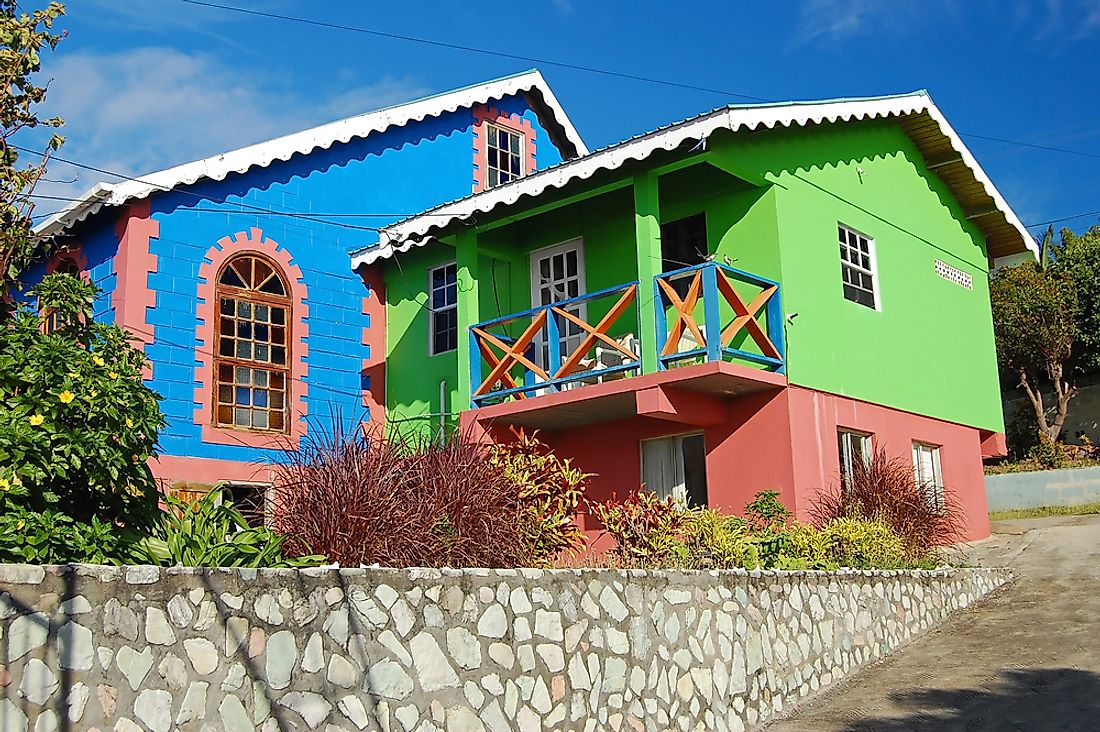What Languages Are Spoken In Saint Vincent And The Grenadines?

The territory of Saint Vincent and the Grenadines includes the primary island called Saint Vincent and an island chain known as the Grenadines. The islands are included as part of the Lesser Antilles of the Caribbean Sea. English has official status in Saint Vincent and the Grenadines. Most residents of the nation use Vincentian Creole, especially in informal settings. The country's vernacular reflects its colonial history, and they include French Patois, Bhojpuri, and Portuguese. The locals thus have varied expressions of culture as provided by the rich history of Saint Vincent and the Grenadines.
The Official Language Of Saint Vincent And The Grenadines
St Vincent became a British colony in 1763, and it gained complete sovereignty in 1979. The years of British colonialization facilitated the use of the English language which remained even at post-independence. St Vincent and the Grenadines remains a participating member of the Commonwealth of Nations, an organization which fosters relations between ex-British colonies. The prevalence of the language in the country is further enhanced by its proximity to the Americas. About 400,000 residents use English in the nation, and it is the primary means of instruction for education from primary to tertiary institutions. English is further widely used in media from visual, audio, to print. The language is also featured in religious as well as government activities.
Vincentian Creole
The Vincentian Creole is an English-lexified creole form of speech, and it is used in St. Vincent and the Grenadines. The Creole has been influenced by Spanish, Antillean Creole, French, and Portuguese. The language also drew influence from the African languages which reached the islands through slave trade as well as the native Garifuna languages. The language has over the course of history become more English-based. The development of creole is credited to intelligent slaves who needed to interact with African slaves from other tribes. These slaves mispronounced the words they overheard mostly in English, Portuguese, French, and Spanish. Vincentian Creole lacks grammatical rules although several observations can be noted as to how users structure their phrases. The pronunciation of most words features a "Vincy" flavor. Words which end in "-own" for example have the "own" replaced with "-ung." The term town thus becomes "tung." Hard sounds at the end of terms are absent. The order of the sound can be changed such as that "ask" becomes "aks" or the last sound can be entirely dropped such as "dess" to mean "desk."
French Patois
The French were the first European powers to settle in St. Vincent, and they found communities of the Carib people. The islands were then allocated to the British through treaties, but the French assumed governance of the islands again from 1779 to 1783. The French settlers employed slave labor to cultivate sugar, coffee, corn, tobacco, and indigo. The French influence can be seen in the names of local locations such as Petit Vincent and Mayreau. A section of islanders uses French Patois especially those with European ancestry. The French Patois heard in Saint Vincent, and Grenadines features French and African grammar with loan words from Spanish and English.











